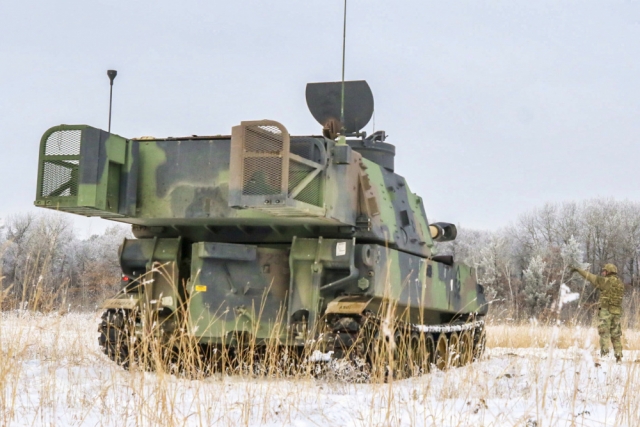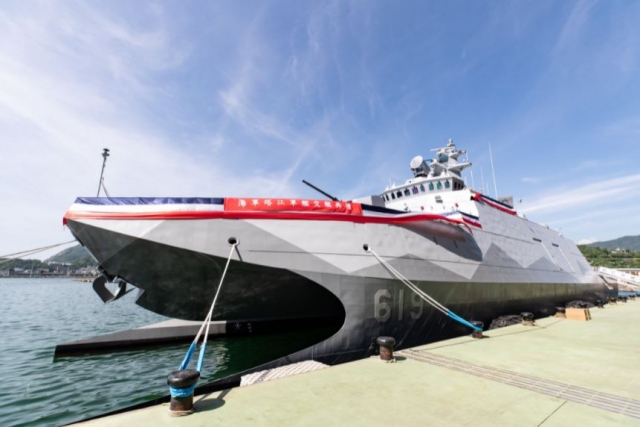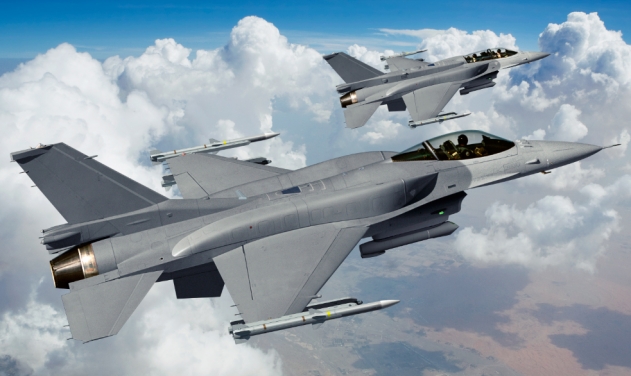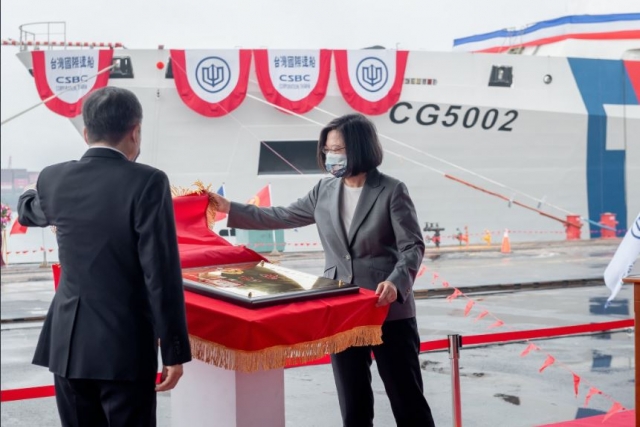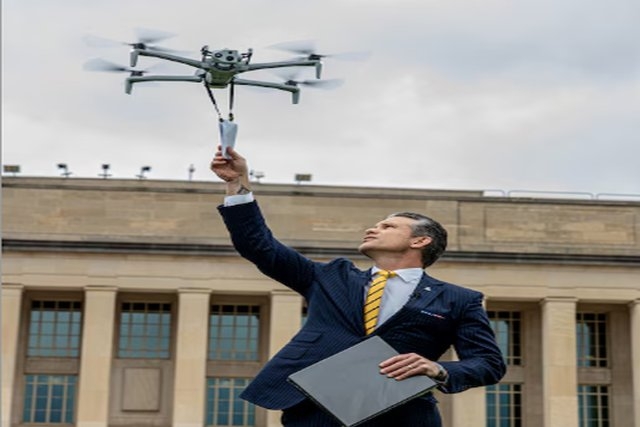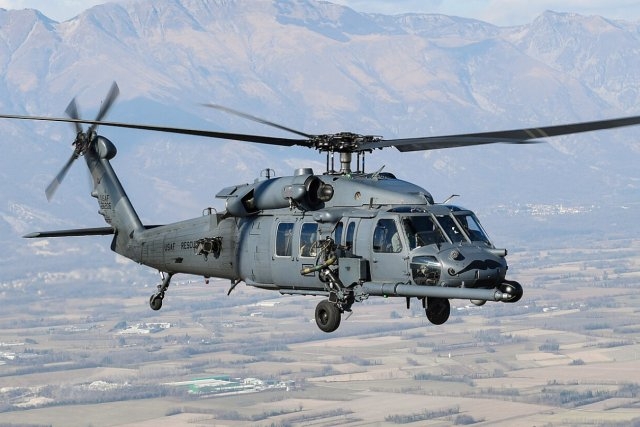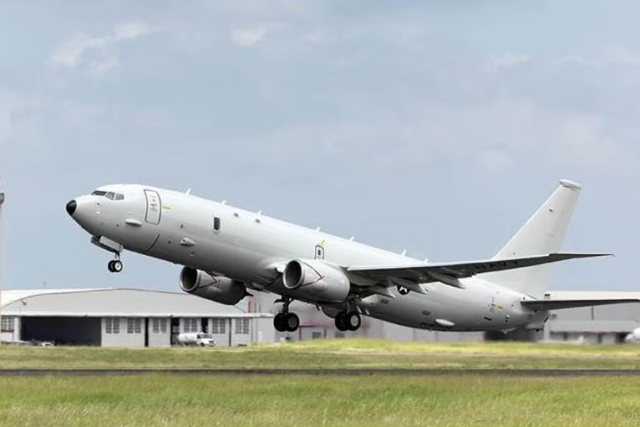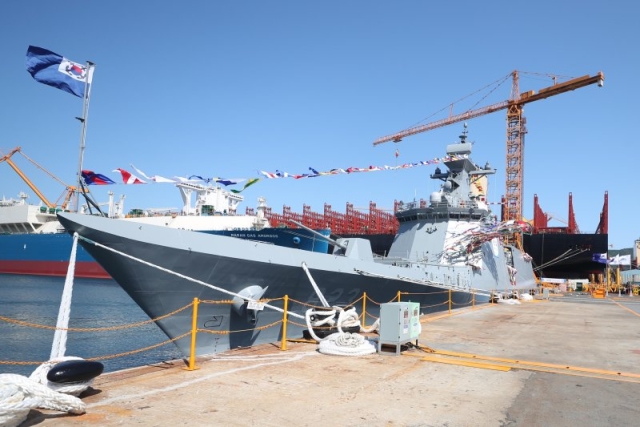M109 Howitzers Sold to Taiwan are Sitting Ducks for Chinese Air Attack: Media
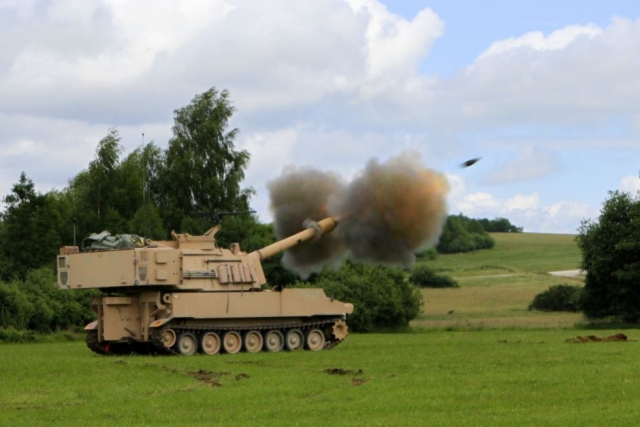
The Chinese media have criticized the sale of self-propelled howitzers by the U.S. to Taiwan calling them live targets to the People’s Liberation Army (PLA).
The Biden administration recently approved its first arms sales to Taiwan that included supply of forty 155mm M109A6 Medium Self-Propelled Howitzer artillery systems, 1,698 precision guidance kits for munitions, spares, training, ground stations and upgrades for previous generation of howitzers, for an estimated cost of $750 million.
“Self-propelled howitzers cannot play their intended role when the armed forces on the island of Taiwan cannot seize air superiority or control the sea, as they will only become live targets of the PLA if they are deployed into the frontline or coastal positions in a potential war” Wei Dongxu, a Beijing-based military expert, was quoted as saying by the Global Times recently.
Wei claimed that such weapons cannot escape attacks by a combination of multi-role fighter jets, bombers, attack helicopters, rockets and ground troops since they will have no cover.
“The U.S. is not really helping the island of Taiwan boost its military capability with the arms sales, but is seeing the island as a recycling bin for outdated weapons and equipment, and earning unreasonably high profit from it, while also stirring up more trouble across the Straits,” Wei said, adding that the U.S. Army is “already gradually losing its interest in the M109 howitzers.”
The Chinese Ministry of Foreign Affairs on Thursday slammed the arms sales, noting China will resolutely take legitimate and necessary counter-measures.
Previously,, the Trump administration had green lit a deal which included 135 precision-guided cruise missiles, mobile light rocket launchers and air reconnaissance pods that can be attached to fighter jets.
Xin Qiang, deputy director of the Center for U.S. Studies at Fudan University in Shanghai, warned of the possibility that the Biden administration would escalate provocations by selling more aggressive weapons as it has no intention to ease the strained China-U.S. relations by being restrained on the Taiwan question.
The U.S. reportedly landed a civilian version of a military aircraft on Taiwan on July 19, loading and unloading cargo. Before that, a C-146A Wolfhound landed at Taipei Songshan Airport on July 15 and stayed for 34 minutes, and three US politicians arrived in the island nation on June 6 in a C-17 Globemaster III military transport plane instead of a civilian plane that normally performs such tasks.
Xin claims that “the U.S.’ real goal is to create trouble for Chinese mainland via Taiwan, even if such moves would send the wrong signal to Taiwan secessionists and further strain the already sensitive situation.”
Washington is mobilizing allies to increase activities around the South China Sea and Taiwan Straits. U.S. Navy admiral John Aquilino said on Wednesday at the Aspen Security Forum that U.S. military operations came in response to China's actions associated with Hong Kong and Xinjiang.
